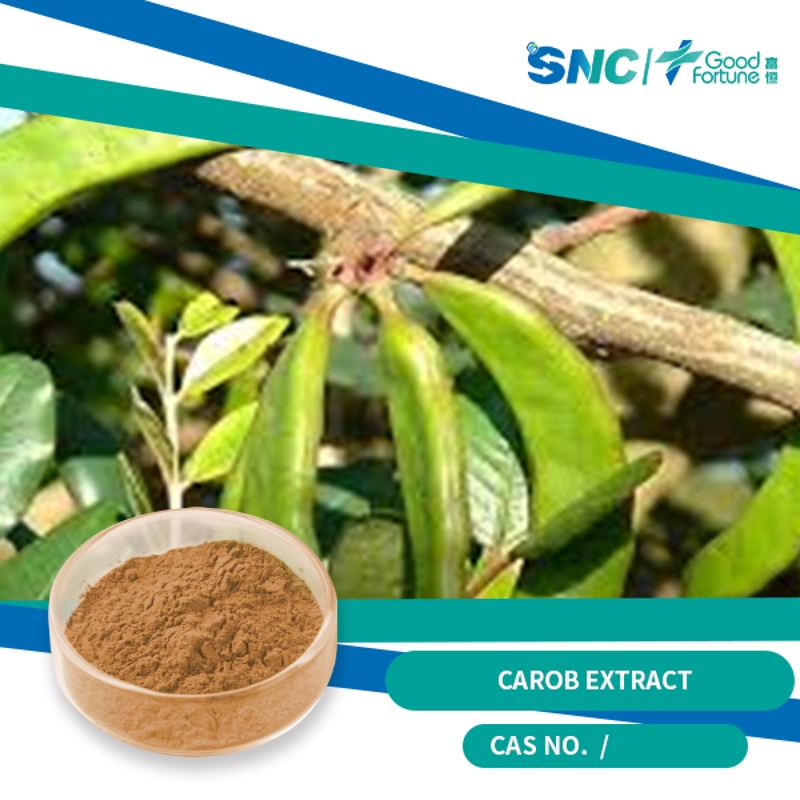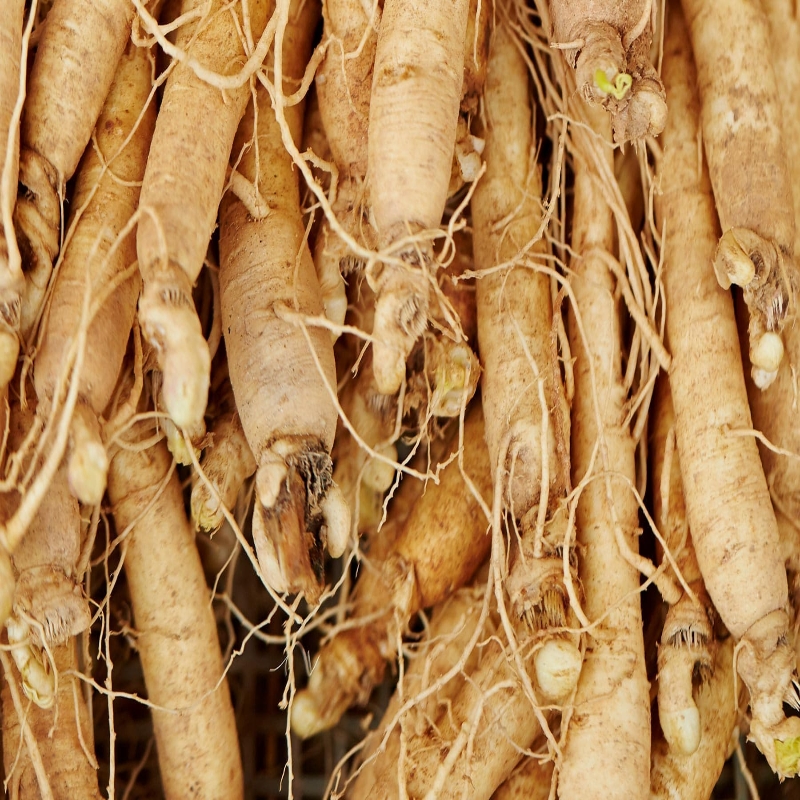-
Categories
-
Pharmaceutical Intermediates
-
Active Pharmaceutical Ingredients
-
Food Additives
- Industrial Coatings
- Agrochemicals
- Dyes and Pigments
- Surfactant
- Flavors and Fragrances
- Chemical Reagents
- Catalyst and Auxiliary
- Natural Products
- Inorganic Chemistry
-
Organic Chemistry
-
Biochemical Engineering
- Analytical Chemistry
-
Cosmetic Ingredient
- Water Treatment Chemical
-
Pharmaceutical Intermediates
Promotion
ECHEMI Mall
Wholesale
Weekly Price
Exhibition
News
-
Trade Service
Peanut (
Arachis hypogaea
L.), also known as groundnut, is the most important species of
Arachis
genus, originating from Brazil and Peru. Peanut seeds contain high seed oil, proteins, amino acids, and vitamin E, and are consumed worldwide as edible nut, peanut butter, or candy, and peanut oil extracted from the seeds. The meal remaining after oil extraction is also used for animal feed. However, its narrow germplasm base, together with susceptibility to diseases, pathogens, and weeds, decreases yield and seed quality and causes great economic losses annually. Hence, the optimization of efficient in vitro propagation procedures would be highly effective for peanut propagation, as it would raise yield and improve seed quality and flavor. Earlier reports on traditional micropropagation methods, based on axillary bud proliferation which guarantees the multiplication of true-to-type plants, are still limited. This chapter describes a micropropagation protocol to improve multiple shoot formation from shoot-tip explants by using AgNO
3
in combination with plant growth regulators.







